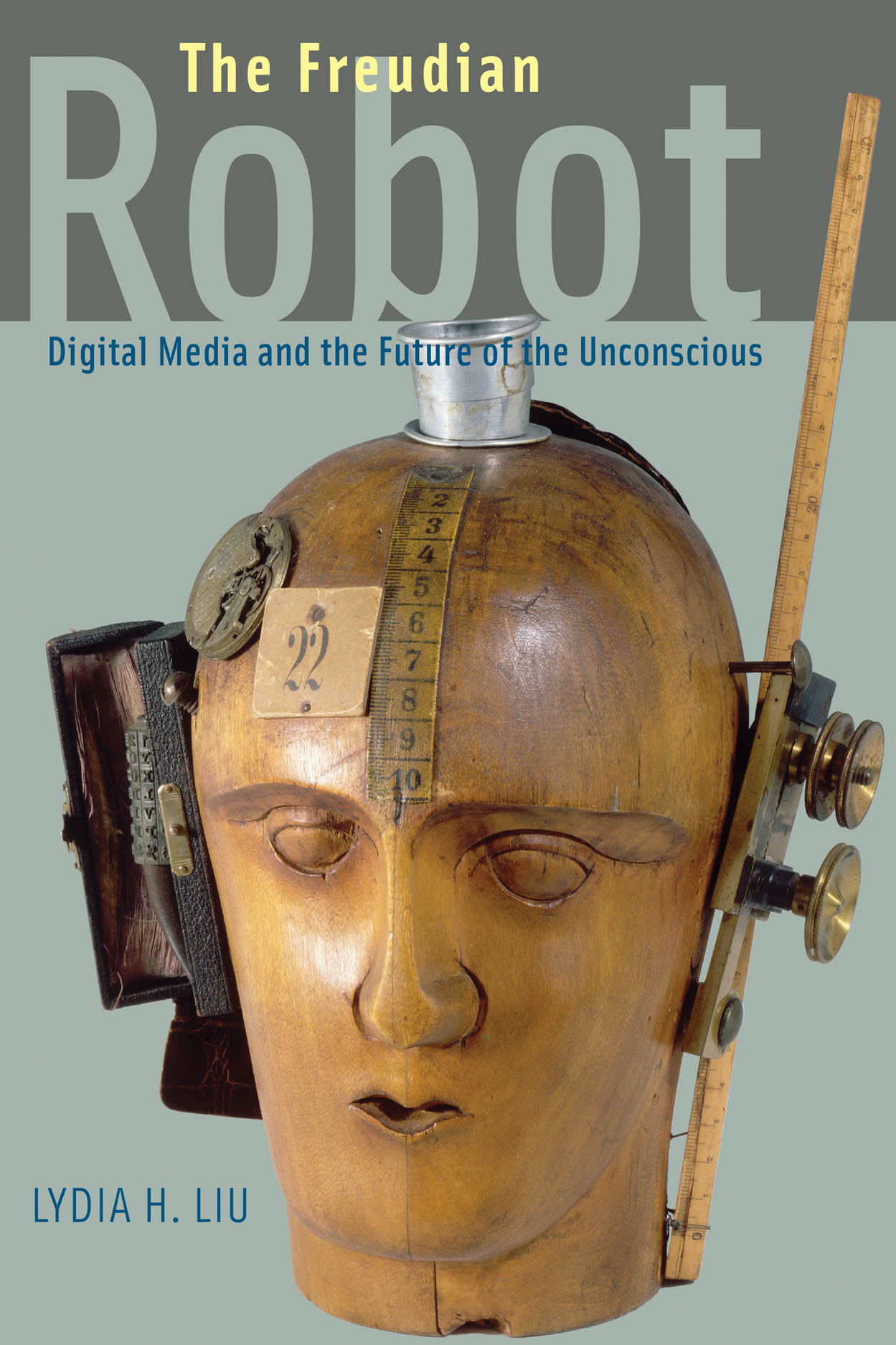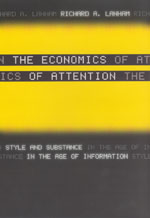Top Five or Ten: On the Digital Humanities

And with this whimsical title, we introduce a new Chicago Blog feature: the Top Five or Ten, a collection of materials occasionally preceding eleven and following nine—the Fermat prime, if you will, or the, um, bell that tolls multiple times for thee—geared for a day when you need a bit of neurotic listmaking in your life. Sometimes we double your pleasure (“Ten”) and other times we streamline your attention span (“Five”). That said, let’s inaugurate, shall we?
On the heels of Patricia Cohen’s well-charted NYT piece on the digital humanities and Press author Dan Edelstein’s forward-thinking response, we’d like to point you towards five wholly relevant recent books that chart these brave new methodologies and help us to make sense of developments in the liberal arts and their bright digital future:
Drumroll, please (and in no particular order):
Lydia H. Liu’s The Freudian Robot: Digital Media and the Future of the Unconscious (forthcoming, January 2011) Liu’s book offers a rigorous study of the politics of digital writing and their fateful entanglement with Mr. Freud, from avant-garde literary experiments to the postphonetic and ideographic system of digital media. #literary theory #cybernetics #Joyce #neurotic machines
N. Katherine Hayles’s My Mother Was a Computer: Digital Subjects and Literary Texts
We’ve been fortunate to publish four books by Hayles, and this, her most recent, doesn’t disappoint that brilliant lineage: it considers the generative relationships between programming code and language, and the complex bearings we use to locate ourselves in age of what she coins intermediation (online excerpt available here!). #cultural practices #William Blake archive #Standard Generalized Markup Language
Alan Liu’s Local Transcendence: Essays on Postmodern Historicism and the Database
Local Transcendence puts postmodern cultural criticism and digital information technology to task in this collection of essays inflected with the new methodologies of media history. #postindustrial theory #synthetics #Remembering the Spruce Goose
Richard A. Lanham’s The Economics of Attention: Style and Substance in the Age of Information (excerpt and author interview online here and here, respectively) A pathbreaking look at the transition from an economy of things to an economy of attention, Lanham’s book anoints a new set of moguls: masters whose grounding comes from the data-rich humanities and liberal arts, rather than MBA programs. #audits #computer science #rhetorical commodities
And last but not least: Thomas Bartscherer and Roderick Coover’s Switching Codes: Thinking through New Technology in the Humanities and the Arts (forthcoming March 2011) An all-star cast of contributors (Bruno Latour and Richard Powers, among them) employing a staggering array of forms (fiction, dialogue, criticism, and even game design) examines how the precipitous growth of digital information and its technologies are transforming the ways we think and act (check out a recent conference at Bard College devoted to the subject here). #IT specialists and scholars #technocultural life #excited about this one
